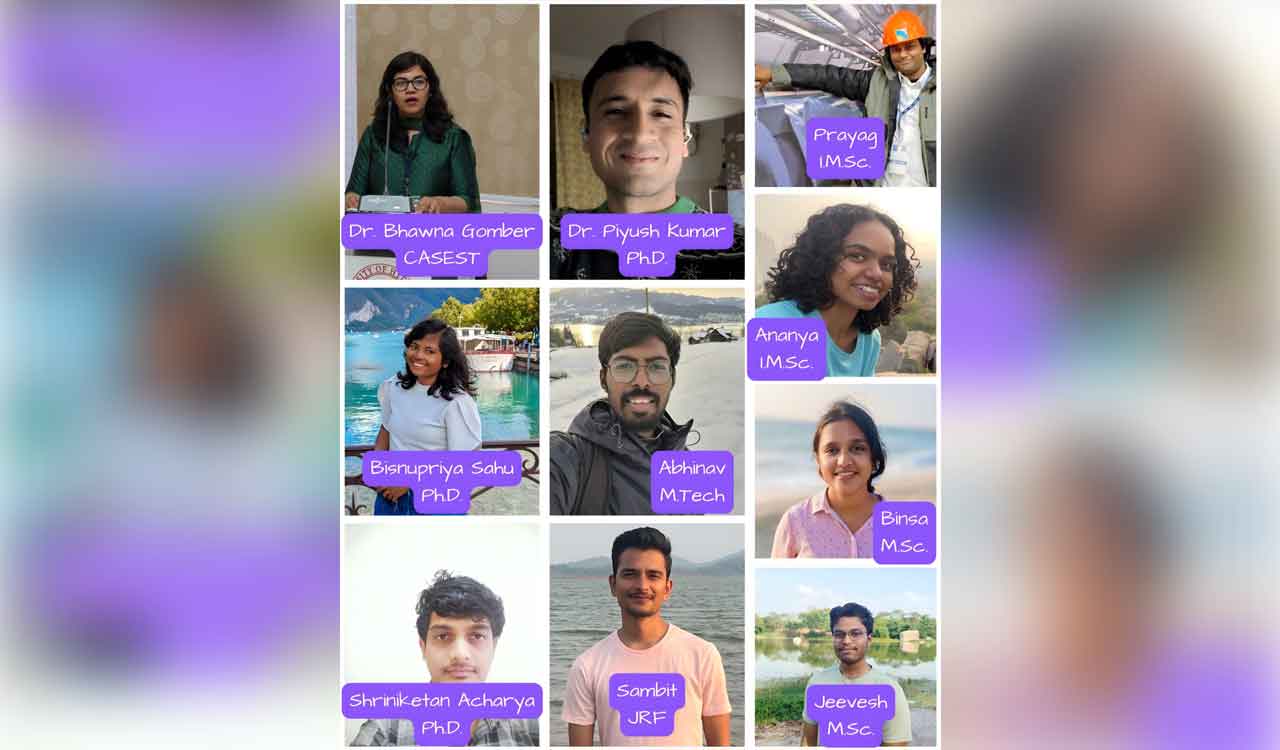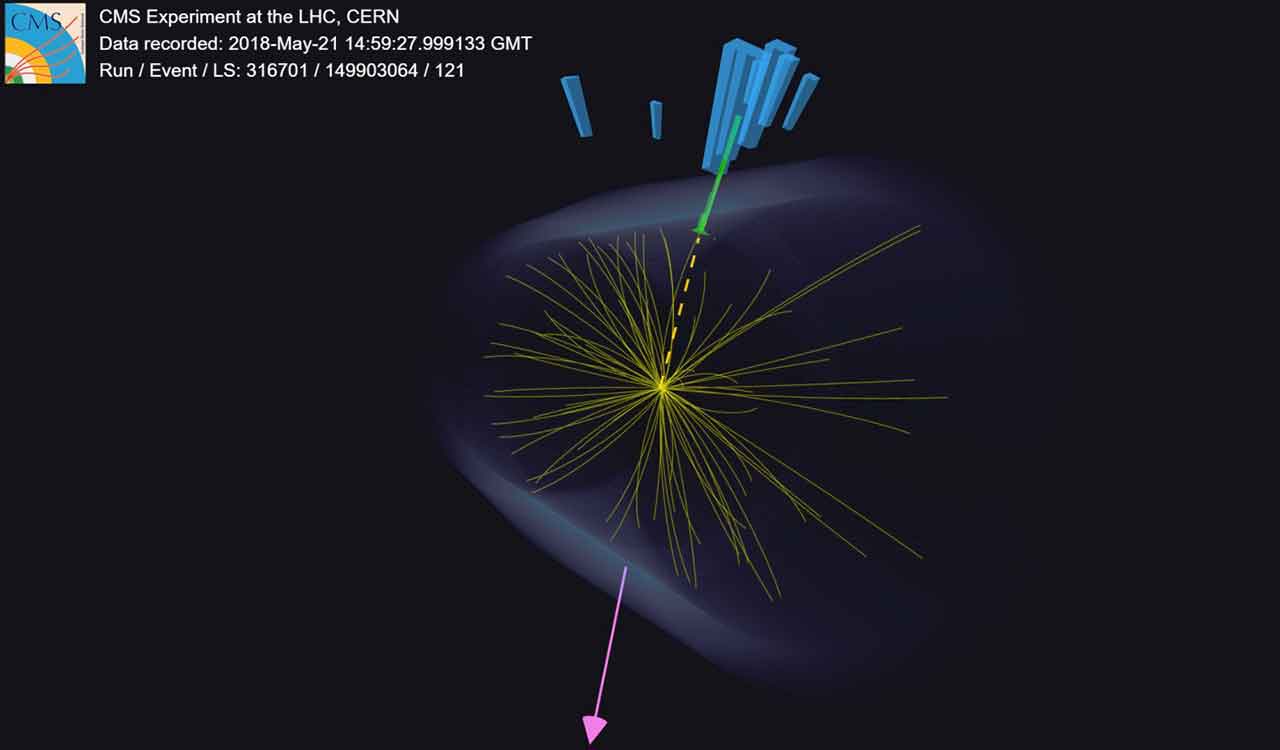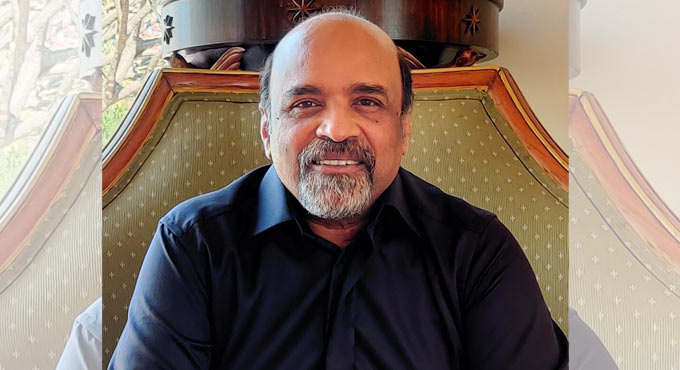Hyderabad-based scientists play key role in Large Hadron Collider experiment that wins Breakthrough Prize
Group led by Dr Bhawna Gomber at CASEST, School of Physics, UoH, contributes in the form of data analysis, trigger electronics, cutting-edge research
Hyderabad: A group of Hyderabad-based scientists emerged as key contributors to the Large Hadron Collider (LHC) experiment at CERN, which has been awarded the 2025 Breakthrough Prize in Fundamental Physics.
The group led by Dr Bhawna Gomber at CASEST, School of Physics, University of Hyderabad, played a significant role, including data analysis, in the scientific achievement.
The Breakthrough Prize recognises the outstanding contributions of international scientists working at CERN who expanded the understanding of the fundamental nature of the universe.
CERN is the European Organization for Nuclear Research, a particle physics laboratory located near Geneva, Switzerland. It’s the world’s largest particle physics laboratory and is known for its pioneering work in particle physics, including the discovery of the Higgs boson.
Dr Gomber’s group has been deeply involved in the CMS (Compact Muon Solenoid) experiment at CERN. Their work included data analysis, trigger electronics, and cutting-edge research in high-energy particle interactions, making significant contributions to the success of the project.
The group is engaged in investigations of physics beyond the Standard Model, with a particular focus on the search for dark matter particles, large extra dimensions, and anomalous trilinear gauge couplings. Recent results from dark matter searches, conducted by her doctoral students Bisnupriya Sahu and Shriniketan Acharya, were presented at the 59th Rencontres de Moriond 2025 conference.
In parallel, the group contributed significantly to the development of firmware for the Level-1 Calorimeter Trigger upgrade of the CMS detector, in preparation for the High-Luminosity LHC.
“We are thrilled to see our years of effort recognised as part of this global milestone. It’s a proud moment not just for our team, but for the Indian scientific community as a whole,” said Dr Gomber.
Related News
-
We got the team we wanted, says Virat Kohli
31 mins ago -
We are not taking things granted, says MI head coach Jayawardene
37 mins ago -
Figure out the best team for next year, says Dhoni
51 mins ago -
6 Naxals killed in Jharkhand encounter
1 hour ago -
Horoscope: Check out your astrological predictions for April 21, 2025
1 hour ago -
Universities’ contract teaching staff stage protest demanding regularisation
9 hours ago -
Cyberabad Traffic Police caught 218 persons for drunk driving
9 hours ago -
Knight Riders aim for resurgence after Mullanpur meltdown as they take on Gujarat Titans
9 hours ago




